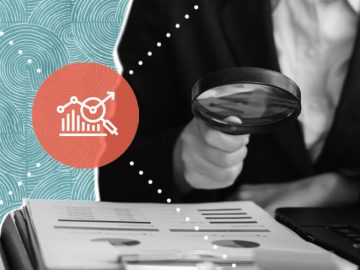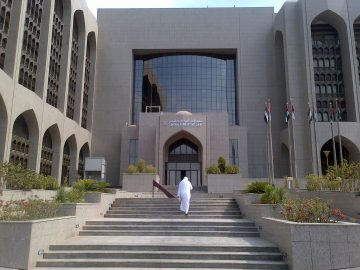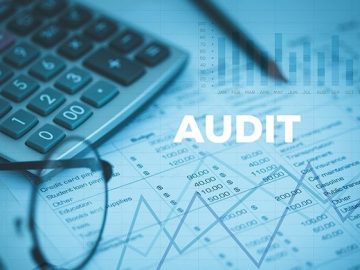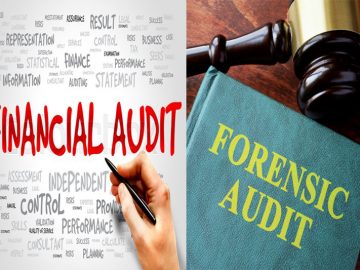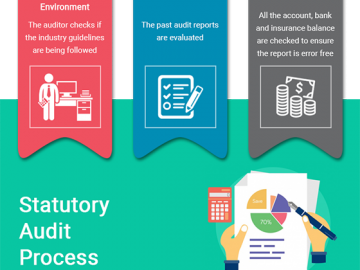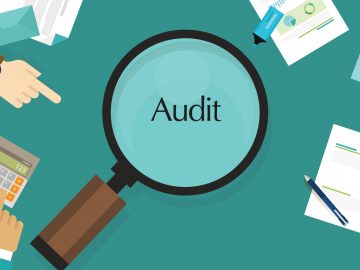
Future of Auditing: A Post Pandemic Look

Year 2020 threw a curve ball most businesses had never imagined. With massive layoffs across North America, Europe, businesses closed down, the blurred line between work and home life further exacerbated the pain of human cost of Covid-19 Pandemic. Undoubtedly, the world would never look the same from here on, although we wish otherwise.
Like most professions, Audit has also learnt to acknowledge and accept work from home challenge from squeezing work meetings within background family noises, amazon deliveries and unstable internet. Flexibility and fluidity is the new normal. Audit historically followed the status quo, heavily reliant on physical interaction, control assurances checkpoints, in person meetings, cross verifications from multiple sources to ensure the integrity and sanctity of processes and financial information. Technology has now become the backbone of all professions. Auditors, who were once hesitant to shift away from their longstanding methods, offsite and remote engagements have become inevitable for them.
We are not being particular about statutory audit, external or internal audit and its kinds, because this applies to a broader understanding of Auditing.
Now when we look at auditing post pandemic, we have some considerations and things to evaluate on how to go about the procedures:
- The rational thought process of an auditor touched with skepticism is what allows them to be continuously wary of things and make them critically evaluate it in much detail. An auditor’s job relies heavily on looking at things that would otherwise not be part of the common discussion.
- A hybrid form of remote and in-person audit is something that we are clearly looking at in the near to distant future. During the isolation that forced a wide majority to be working remotely, many understood the benefits as well as cons of having to work on your own, without an office ambiance. Which is why the future most certainly looks to accommodate the best version of both these options.
- The procedure of remote work enabled auditors to explore using technology and the online arena to shift many tasks on the digital platform, such as forms, evaluation documentation etc. This is going to be fruitful in the long run because the risk that an auditing firm would not take otherwise is now something tried and tested, for them to utilize to their best of capabilities.
From hereon, Audit and Accounting firms need to build tech-savvy teams and who are mobile and can accept rapidly changing circumstances. Critical thinking, efficiency and improved turnaround time on top of search for deeper insights from large streams of digital data, coupled with improved communications skills, have become mandatory in these challenging times. Client continues to expect enhanced due diligence from their audit partners in the backdrop of heightened regulatory scrutiny.
Audit Companies should build a future team that has inherent problem solving acumen. They should have agility, clear objective mind with strong communication skills. Resources, that are eager to walk into new domains and learn new skills with healthy sense of professional skepticism. The pandemic left no choice but to adapt technology, as onsite visits are no longer available for foreseeable future. There has to be an acceptability that not all resources will be available, so Audit has to rely and make most of available resources as most businesses are working in BCP mode. The risk profile of most organization are rapidly changing in response to market dynamics as well inherent risks, hence Audit team needs to be cognizant and adaptable to new information as they become available.
In light of potential fraud risk, Audit will continue to have enhanced due diligence around Financial transactions for fraud or compliance anomalies. Information Security Audit will be a new focal point for future as reliance of cyber control continues to be a pivot for most organizations.
The COVID-19 pandemic has taught us a lot of things from personal lives to professional lives. The future will certainly bring changes and organizations will need to adapt quickly. Audit not only has to step up to the challenges but also become forbearer of change. It is time to prioritize, move out of comfort zone and old-fashioned ways of audit engagements. The Audit Profession has to evolve towards new flexible ways which will give it the power and agility to adapt to the ever-changing demands from the clients.



